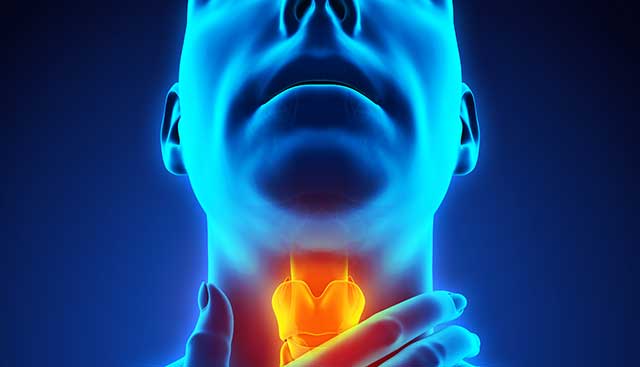
Oral Sex Habits and HPV-Related Oropharyngeal Cancer Risk
About 70% of oropharyngeal cancers are caused by human papillomavirus, or HPV. HPV is the most common sexually transmitted infection in the U.S. About one dozen types of HPV cause cancer, including oropharyngeal, cervical, vaginal, vulvar, penile and anal cancers. The Centers for Disease Control and Prevention estimates that each year in the United States about 3,500 new cases of HPV-associated oropharyngeal cancers are diagnosed in women and about 16,200 are diagnosed in men. While the majority of those infected with HPV will clear the infection, researchers have been working to determine why some ultimately develop cancer.
“It is important to note that most people have been exposed to the HPV virus at some point in their lifetime,” said Dr. Caitlin McMullen, a surgeon in the Head and Neck Oncology Program at Moffitt Cancer Center. “Typically, exposure happens many years, even decades, prior to the development of cancer.”
A recent study published in the journal Cancer investigated the risk factors for HPV-associated oropharyngeal cancer, such as the number of sexual partners, sexual behaviors and relationship dynamics. Researchers compared 163 cancer patients with 345 individuals without cancer. None of the participants had received the HPV vaccine, and more than 95% were over age 40. Participants provided a blood sample and answered questions on their sexual behavior and lifestyle. Medical records and tumor samples were also examined for each patient.
The cancer patients in the study were about 80% more likely than those without cancer to have ever performed oral sex on a partner. They were also younger when they performed oral sex for the first time—37% of cancer patients were under 18, compared with 23% without cancer.
About 45% of cancer patients had had more than 10 sexual partners during their lifetime, compared with about 20% of those without cancer. Those under 23 who had a sexual partner who was at least 10 years older were also more likely to be infected.
The study also found deep kissing lead to an increased risk of HPV-related oropharyngeal cancers. Those who had 10 or more deep-kissing partners were more than twice as likely to have an HPV-related cancer. Having a partner who had an extramarital affair increased the risk of developing an oropharyngeal cancer by 60%.
“Safe sexual practices continue to be an important component of preventative health,” said McMullen. “Fortunately, there is also now a highly effective vaccine that is FDA-approved to prevent HPV-related disease, including HPV-related cancers for individuals up to 45 years old.”
To learn more about the Head and Neck-Endocrine Oncology Department or to refer a patient to Moffitt, complete our online form or contact a physician liaison for assistance or support.
